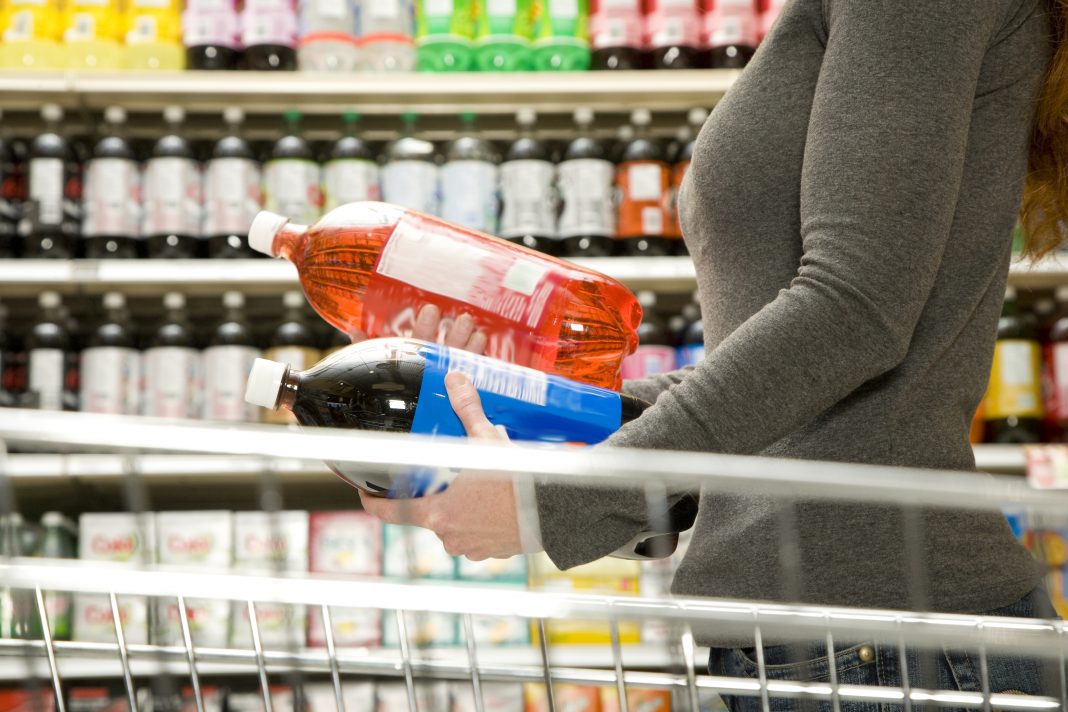Nine out of ten UK supermarkets lack any policies to measure total supermarket sugar sales across all products and set reduction targets
Sugar consumption in the UK is two times the government’s ‘maximum intake’ with no notable decrease, feeding public health challenges such as obesity, childhood tooth decay and type 2 diabetes.
A new report out this week from Feedback and Action on Sugar identifies the central role of supermarkets in perpetuating this dangerous level of sugar consumption: nine out of ten lack any policies to measure total supermarket sugar sales across all products and set reduction targets. In the face of ineffective voluntary measures, the report calls for urgent legislation to track and reduce total supermarket sugar sales.
The growing problem of supermarket sugar sales
The role of sugar in public health challenges is well-documented and accepted in policy circles, public health governance, and wider society. According to the World Health Organisation, the supply of cheap and highly available sugar is a major driver of unhealthy diets, obesity, and related diseases, including the 13 types of cancer for which obesity is a contributory cause. Not to mention liver disease, type 2 diabetes, hypertension, and tooth decay.
Despite our overwhelming awareness that sugar is bad for us, overall sugar consumption in the UK remains at twice the healthy level
Most likely, this information won’t come as a surprise to anyone reading this – yet we’re all familiar with the struggle to eat less of something we know is bad for us. Increasingly, public health experts are pointing to the role of ‘food environments’ in shaping what and how we eat. In the battle against overconsumption of sugar, it’s time to look to some of the arch-curators of our food environments: supermarkets.
Because despite our overwhelming awareness that sugar is bad for us, overall sugar consumption in the UK remains at twice the healthy level. In fact, the government’s voluntary Sugar Reduction Programme, which aimed at reducing the sugar content of key foods such as bread, last year reported an overall increase in supermarket sugar sales of 7%.
Worryingly, the total amount of sugar sold across all the products in the programme increased by 7% between 2015 and 2020
Worryingly, the total amount of sugar sold across all the products in the programme increased by 7% between 2015 and 2020. Feedback and Action on Sugar sound the alarm: those in the position to address this unsafe supply of sugar should seize the opportunity before the problem spirals further out of control.
Yet far from leveraging their power to address a growing public health crisis, we found that supermarkets are pursuing ‘business as usual’ strategies that drive overall sales of sugary products even higher. Our research found that 9 out of 10 UK supermarkets do not have policies to consistently reduce sugar sales or even to measure overall supermarket sugar sales. Worse, retailers’ focus on voluntary product reformulation is obscuring the need for stronger action to bring absolute sales of sugar down.
Hostile food environments
Almost every element of the products available to us, and the directions we are pushed in to make purchases, are in the hands of supermarkets. Households in the UK buy 95% of all groceries from the top 10 supermarkets, with most of that (75%) coming from just five.
This small group of corporate entities have complete power over what will and will not be stocked, as well as the quality, quantity, packaging, and price of food and drink. All of these factors shape our ‘food environments’ – the myriad of influences, from marketing to product availability, on what and how we eat.
Written by Liam Lysaght, Campaigner at Feedback











